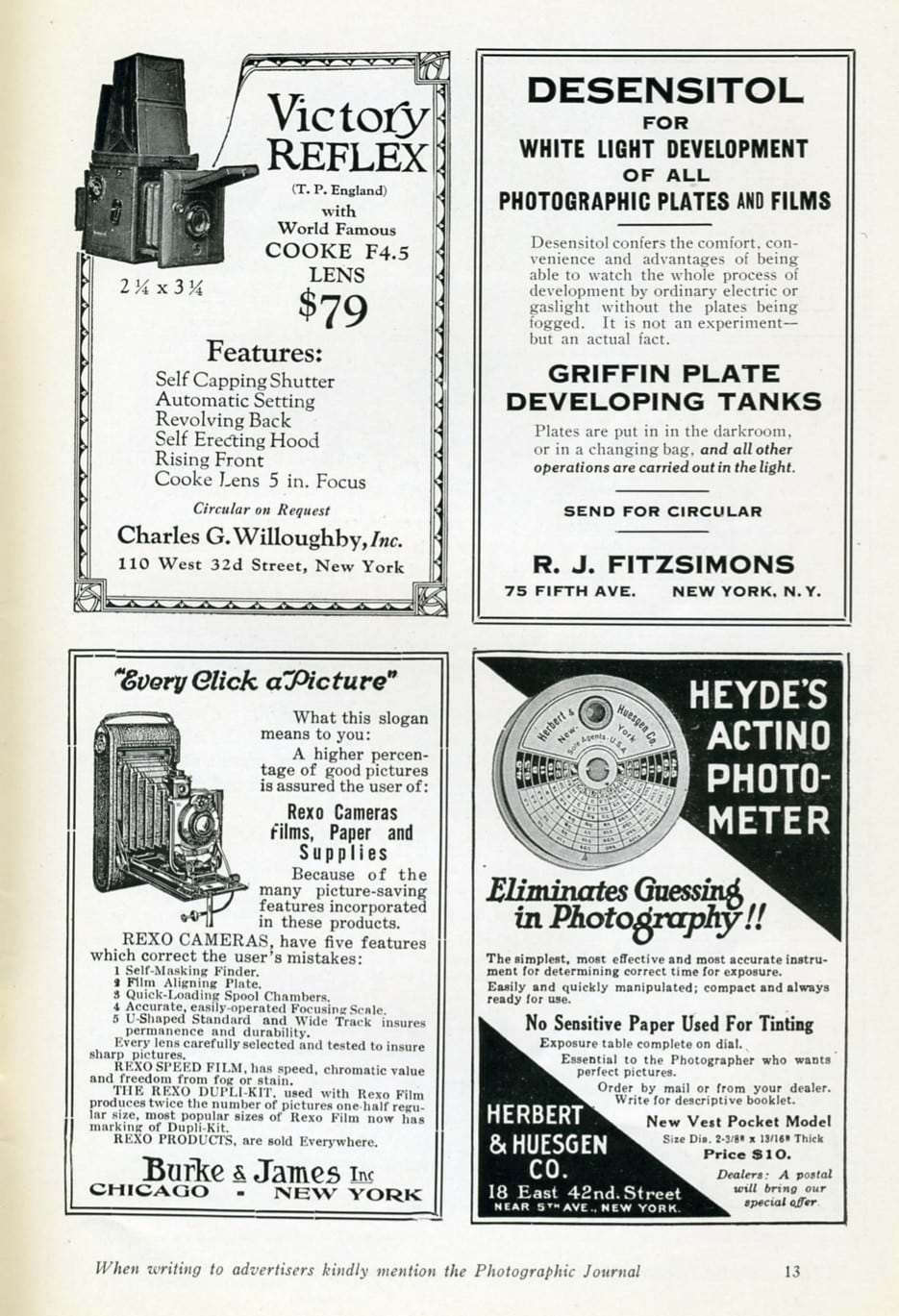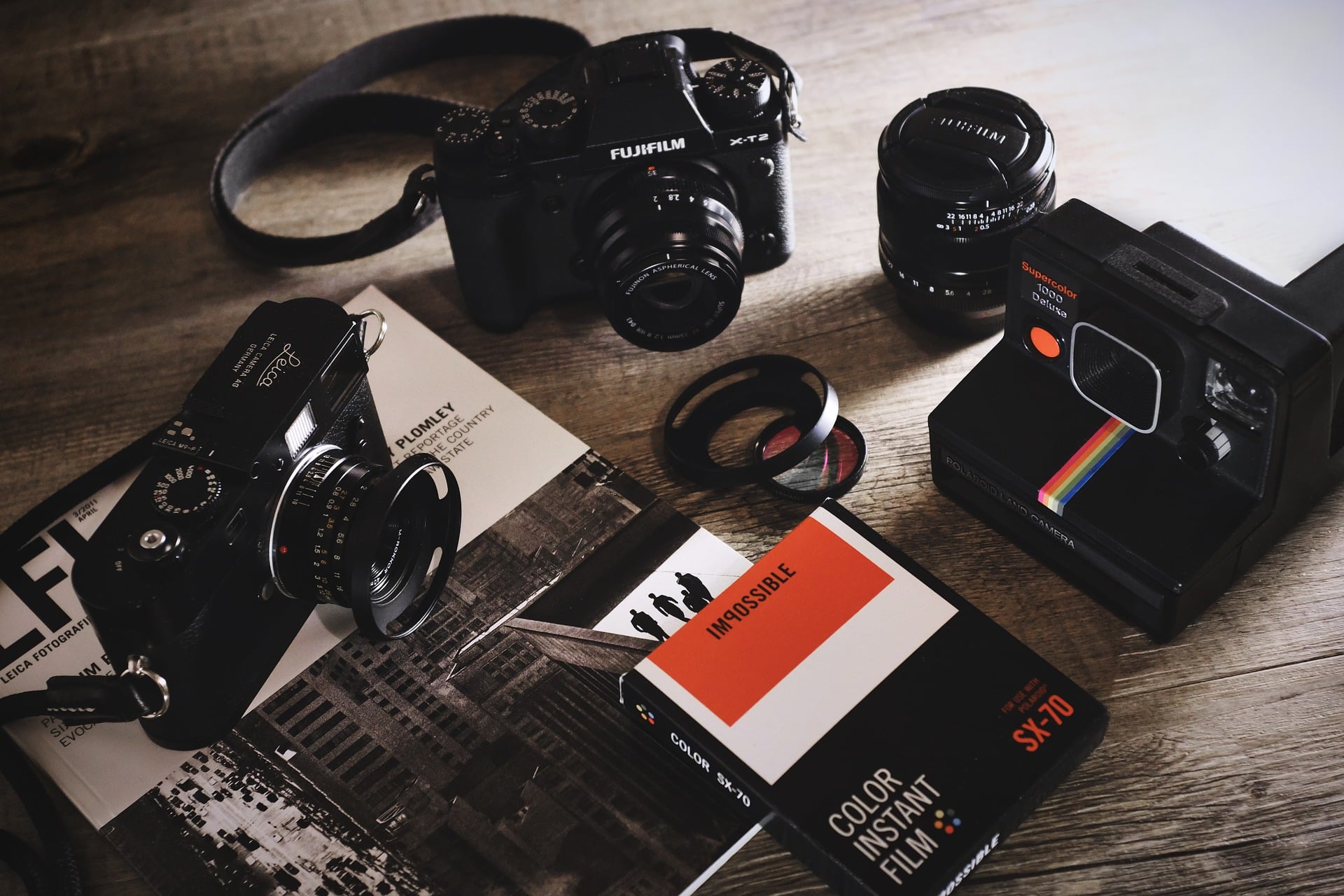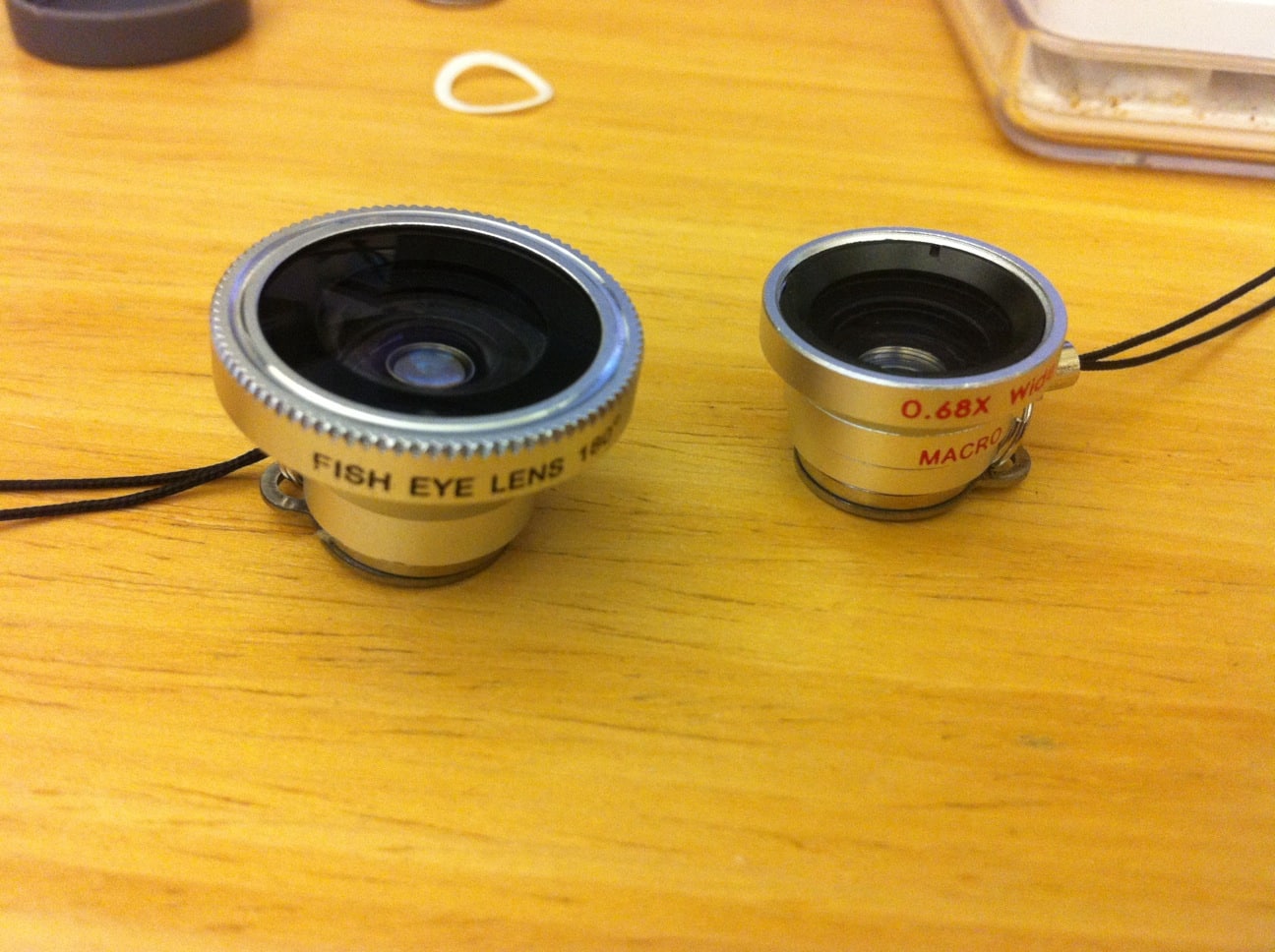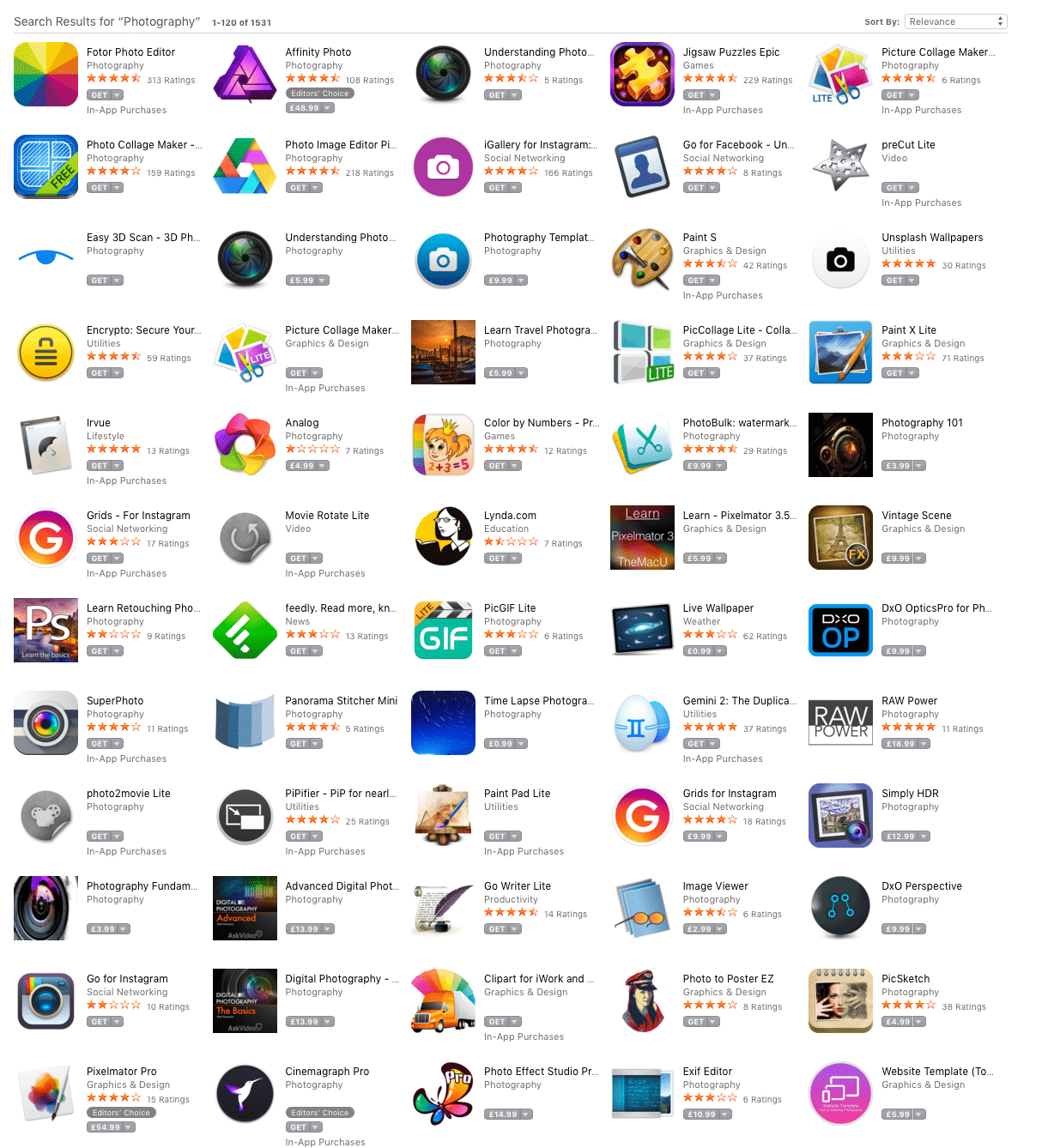There are a couple of things that new photographers have in common. First is the desire to learn as much as possible about your chosen pastime. The second is to expand your range of hardware and software to help you on your photographic journey.
This thirst for knowledge can lead to newcomers being taken advantage of. Modern social media marketing has allowed small photographic businesses to directly target specific demographics at a low cost. Some of those businesses will be marketing some very good and useful products to you. Others will prey on your relative naivety to sell you products that are sub-par or even not needed.
This is not a new phenomenon, if you have ever looked through an old 70’s/80’s photographic magazine you will see all sorts of strange items being advertised. One that sticks in my mind is the X-Ray lens. Often seen advertised but of course was entirely fake.
The Internet era and the rapid increase in those taking up digital photography has meant that there are now many more of these “fantastic” products being marketed directly to us. So what sorts of things should you look out for?

Photographic Education
There are some excellent photographic courses out there. Light Stalking and Photzy have a number of well designed and targeted courses created by established professionals. Beyond that, industry leaders such as Scott Kelby provide entertaining and highly educational video tutorials.
The problem is that it’s pretty easy to create a video training series and many relatively inexperienced photographers do so as a way to make money. Some of these courses may be ok, but before investing in one, do you your research, looks at the creator’s experience, portfolio and do some Googling on them. An experienced photographer will have multiple pages of search results on Google. An inexperienced one may have paid to SEO their site to the top but will probably not have many returns underneath that.

Photographic Hardware
Recently on my Facebook timeline, I have been seeing adverts for amazing photographic drones. A quick click on the advert reveals professional videos that are clearly made by DJI and featuring DJI products. Yet the price is around $99. Clearly a scam, clearly taking advantage of the naivety of newcomers to drone photography.

Another recent example is for a fantastic filter that will make all your images clearer and colours brighter. If you have been around photography for a little while you will recognise that description as a polarising filter. The price of this product was the same as a premium polariser but given the very vague description, it was quite probably very cheaply made and optically poor.
One very big area where manufacturers prey on naivety is in smartphone photography. There is any number of lens adaptors adding 30x zooms to the front of your iPhone. Many of these are cheaply made, do not attach easily to your phone and will give very poor results. There are some very good adapters out there, but as always you get what you pay for.

Photography Apps
Another advert that “popped” up on my Facebook timeline recently was an “amazing” food photography app. The app purported to drastically improve the look of your food photography, even isolating particular ingredients to make them look more saturated.
This is just one of several products each claiming to improve the look of your photography in specific genres, landscapes, portraits, macro and so on. The thing is however, these apps do nothing more than you can already do with software that you probably already own.
Lightroom, Photoshop, Elements and most others are all capable of getting the same look as these expensive standalone apps. Even if you struggle with post-production, you will get far better results using, for example, presets for Lightroom. These are created by experienced professional photographers for specific genres and usually at a fraction of the cost of a “dedicated” standalone app. There is rarely the need for a genre-specific application in photographic post-production.

As a newcomer to photography, you will be bombarded with products marketed directly to you via social media. Some of these might be good but many will not. As with any purchases, do your homework, read the reviews, scan the forums and ask your peers. Good products will gain a good reputation through word of mouth. If very few people have heard of the product you are interested in, the chances are you are going to get burnt. If plenty of people rave about it, then you are probably on to a winner.





1 Comment
Hello Jason,
I very much agree with your opinion about new photographers. I feel like the world of photography has split down the middle these days. One side goes to college, hoping to receive the best learning opportunity, and graduates with a wealth of knowledge and professionalism. Then there’s the other side, were social media, phones, and apps reach the new photographer first. They pull them in with the: immediate outcome. No more dark rooms, film, and even cameras in some instances. All of these “new” gadgets have them blinded towards learning how to be a great photographer. It’s as if these gadgets are saying, everyone can be a photographer, I’ll show you how.